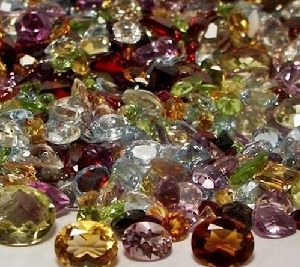There is a great need for education before you consider making any investment, and even more so for an alternative investment. For example, a neighbor bought $15,000 worth of rare gold coins a few years ago. He’d then look at the price of gold each week and was pleased that gold was rising. When the price of gold had risen 50% since his purchase, he went to a coin dealer to sell his coins, expecting them to be worth at least $22,000. Unfortunately, coin dealers would only offer $9,000 for his coins. What happened? He thought he had done everything right? It turns out he bought the coins from crooks (who were long gone) and sold him coins with a true value of $6,000 but they charged him $15,000. He had no education in rare coins and solely relied on the crooks to be truthful – a very costly mistake.
This same story of fraud perpetrated against uneducated investors occurs every day with: rare coins, rare gems, raw land, oil fields, cattle, sunken treasure recovery, high-yield investments, can’t lose penny stocks, anything requiring an “fee up-front,” secret bank trading programs, carbon credits, and many other investments.
In addition to being extremely skeptical about any investment, below are some steps you can take to avoid being scammed:
- Determine how they found you – is this a cold call or did someone you know pass along your information?
- Are they licensed? You can then check to see if disciplinary actions have been made against them individually, or their company. Con artists use fake names and businesses that cannot be verified before they disappear with your money.
- Can you verify all of their claims with a known, independent third-party with a good reputation? A glossy brochure and a slick sales script does not mean it is a legitimate investment.
- Hang-up on any high-pressure sales approach that takes advantage of your good manners, you want to take your time (or days) evaluating any investment before you part with your money.
- Never consider an investment in an area where you do not have a lot of education so that you know the correct due diligence to perform.
- Do not sign any document that you don’t fully understand and never give out personal information or send money before you have thoroughly verified the person, the company, and this particular investment.
- If there is anything about the opportunity that that cannot be: verified, inspected, audited, proven, or any other due diligence effort – it is either a scam or an unprofessional operation not worthy of your money.
- Remember there is always another investment coming along, so if this one is not perfect, tell them, “No thanks,” and move on without looking back.

